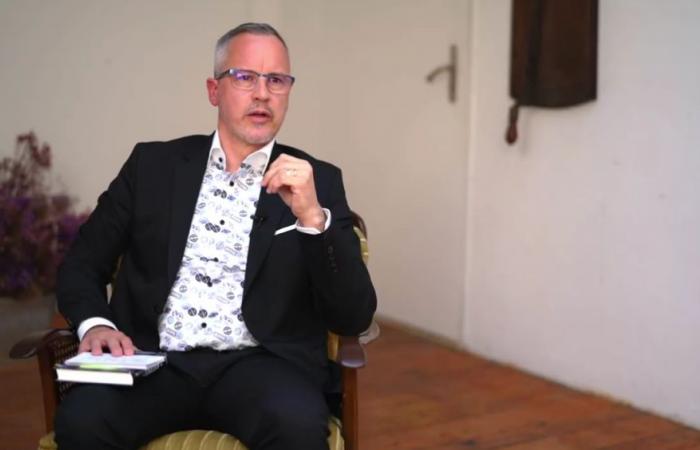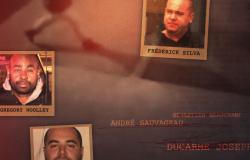“I am not the ambassador for peace in the Middle East. » These are the words expressed by the representative of Switzerland in Israel, Simon Geissbühler, while answering questions from the German-speaking newspaper Daily Gazettean interview reprinted by Le Temps on November 23, 2024.
Posted in Tel Aviv since this year, Simon Geissbühler was keen to clarify the framework of his mandate to journalists. “My mandate is to represent Switzerland. I am responsible for bilateral relations between Switzerland and Israel. » Asked about his status vis-à-vis the Palestinian populations of Gaza and the West Bank, the ambassador responded in clear terms: “Our office in Ramallah is there for that. »
“But of course, we are committed to peace in the region. It is also in the interest of Switzerland,” he assured.
Receive our daily edition for free by email so you don’t miss the best news. Free registration!
“Switzerland wants to reactivate dialogue on various levels. We are respected as a neutral actor and act discreetly behind the scenes. But it remains difficult. People are traumatized and tired of war. Pessimism is very widespread,” declared this trained historian, author of research on the Shoah in Romania in particular.
Regarding the position of the Swiss Confederation that he represents in Israel on the ongoing conflict in Gaza, Simon Geissbühler clarified: “We mark our disagreement, regularly and forcefully, on the war in Gaza, whether in Bern or in New York at the UN Security Council. But that doesn’t mean we can’t say anything about anti-Semitism. »
Following the anti-Semitic violence suffered by Maccabi Tel Aviv supporters in Amsterdam earlier this month, the ambassador publicly condemned the violence. He explains that “Israeli fans provoked, but that does not justify what happened next.”
Himself describing his relationship with Israel as “critical empathy”, Simon Geissbühler insisted on the fact that he was capable of condemning any “extreme statement”. “When Israel’s finance minister [Bezalel] Smotrich spoke of the annexation of the West Bank, […] I condemned it in consultation with the Federal Department of Foreign Affairs in Bern.”
Faced with the many challenges posed by the post-war period and a future Israeli-Palestinian peace, Simon Geissbühler wanted to “remain realistic”. Which absolutely does not mean that nothing should be tried and that nothing can be done. Quite the contrary,” he concluded.
You are one of our loyal readers
We are glad you read X articles from Times of Israël last month.
This is why we created the Times of Israeleleven years ago (nine years for the French version): offering informed readers like you unique information on Israel and the Jewish world.
Today we have a favor to ask you. Unlike other media outlets, our website is accessible to everyone. But the journalism work we do comes at a price, so we ask readers who care about our work to support us by joining the ToI community.
With the amount of your choice, you can help us provide quality journalism while benefiting from reading the Times of Israël without advertisements.
Thank you,
David Horovitz, editor-in-chief and founder of The Times of Israel
Join the Times of Israel community Join the Times of Israel community Already a member? Log in to no longer see this message





